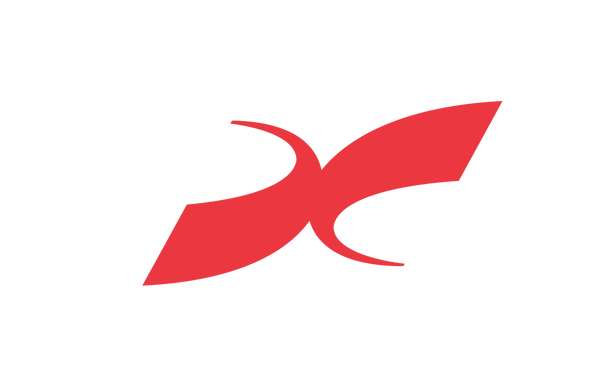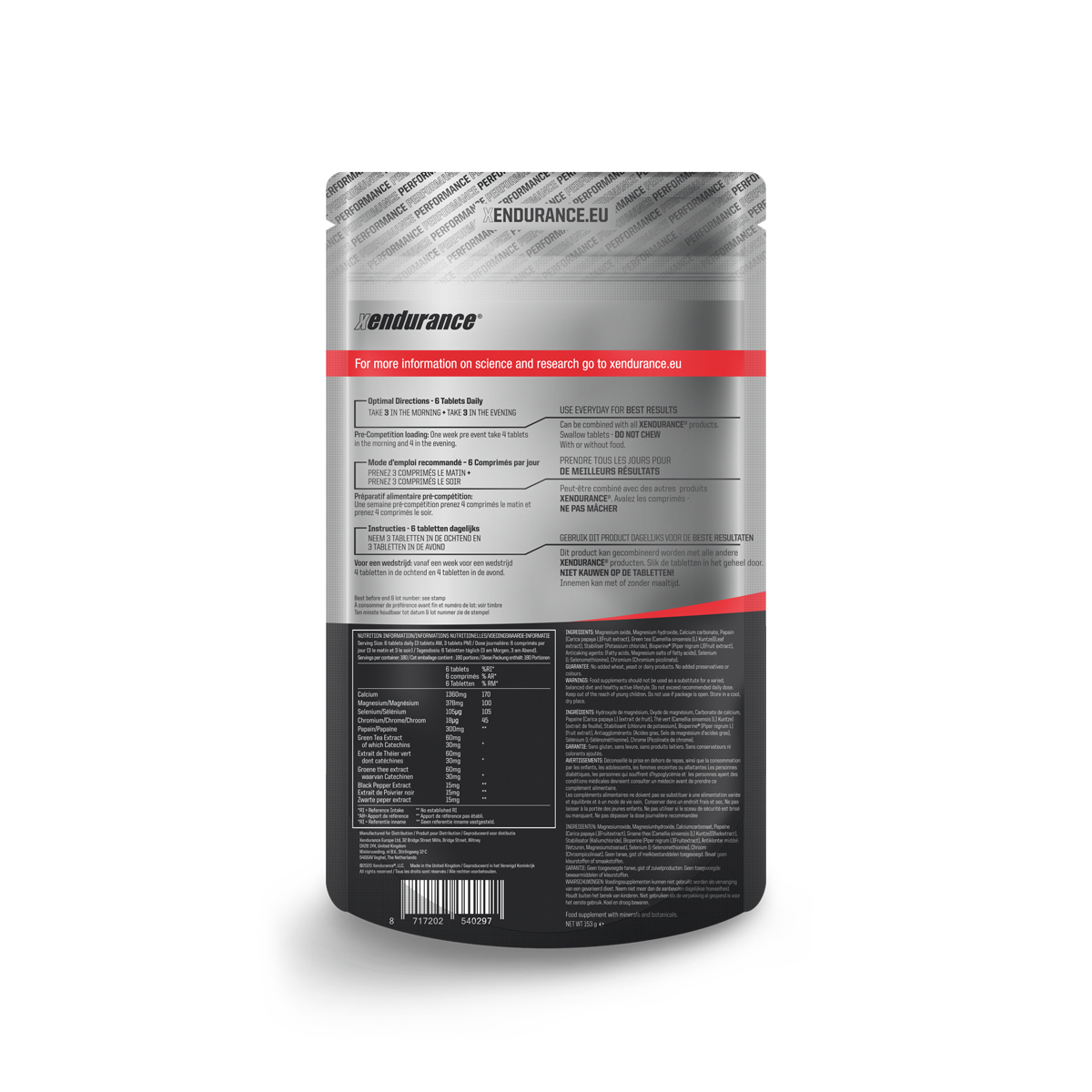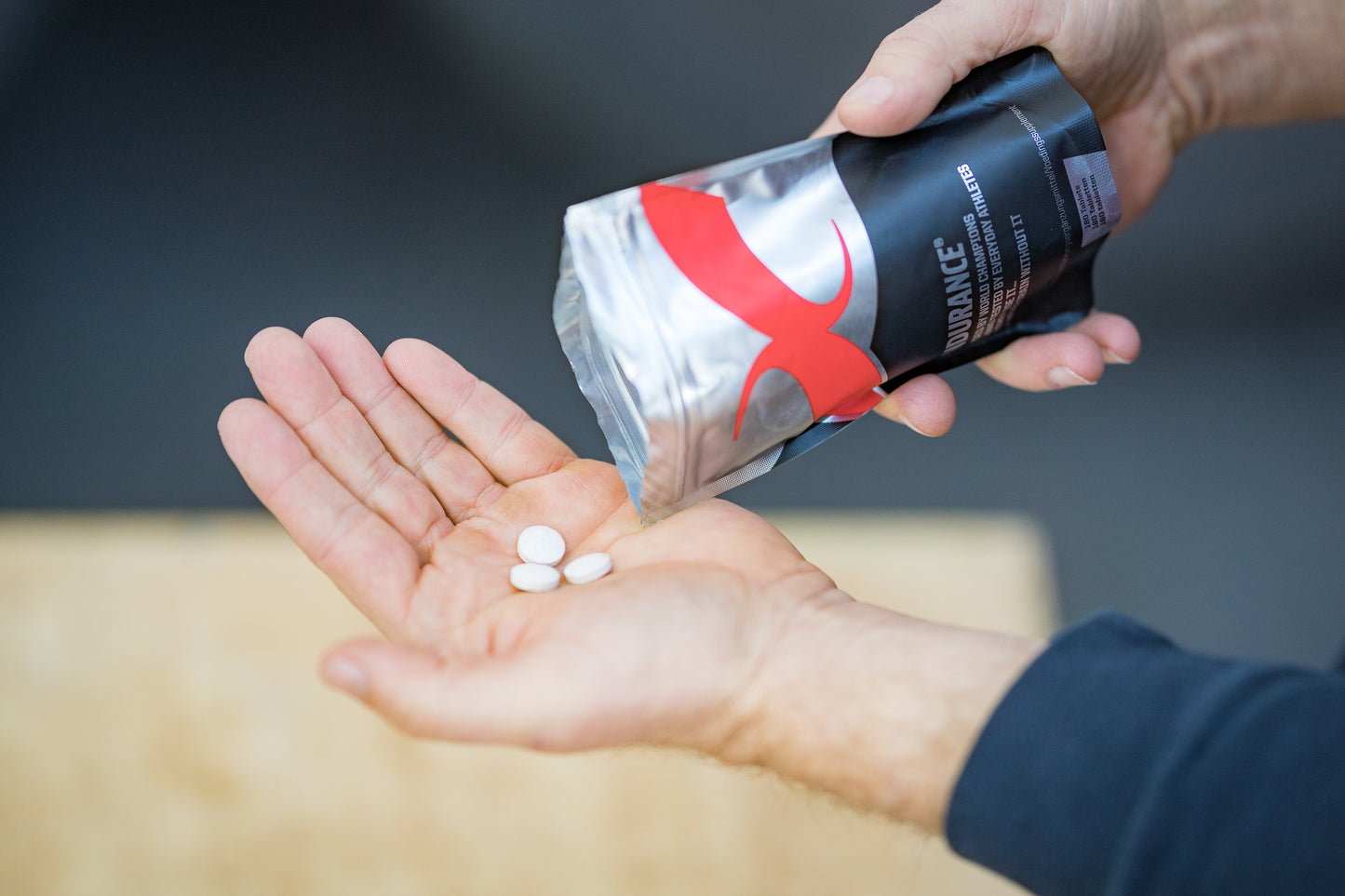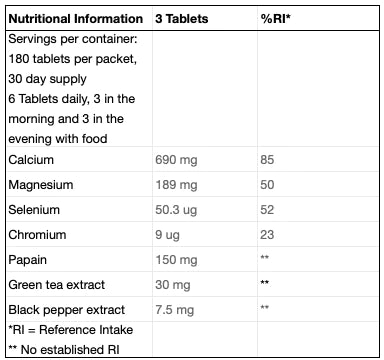Share
Phil’s-osophy: “Broadly speaking, we do 2 things in life; that which we enjoy and that which we are accountable for”.
Enjoyment, whether through achievement, fulfilment, progress, success, or social interaction makes training habits easy to form and to keep. But sometimes we don’t succeed, progress, feel fulfilled and we may have to train alone. Accountability can come from a training partner, a training plan, a Coach or even a race that you have entered. It provides an element of discipline. Through considering these 2 behaviour drivers we can build routines and positive habits that ensure consistent training is achieved and consistency is the number 1 goal of training.
So, think of it this way perhaps; ENJOYMENT = MOTIVATION and ACCOUNTABILITY = DISCIPLINE.
Perhaps consider the training sessions you love to do; they may be the ones you are better at, succeed most often in or generally perform better than your peers at. They could be the most social ones, where you get chance to catch up with friends. If you look back at your training calendar its likely these always get done. Then consider the ones you miss or often procrastinate over; these may lie in your weaker area or perhaps have no opportunity for socialising. If you still manage to get these done, most of the time, then it’s likely that you are accountable to someone or something.
Here’s a few examples of how you can use this to your advantage:
- Arrange to meet a friend for a strength session at the gym because you know that you often skip these. This arrangement makes you accountable to someone else, as you won’t want to let them down and the opportunity to catch up with a friend and train together makes the session more fun or perhaps competitive.
- You enter an open water swim event prior to your main triathlon races. This helps you maintain swim consistency and frequency as the deadline that the event provides keeps you accountable. You could take this one step further by telling people your goal for the event and in that way become even more accountable.
- You tend to do most of your long bike rides alone but struggle to ride more than 2 hours without feeling a little bored and returning home. So, you arrange to meet up with a cycling club or group of friends, hoping that the social interaction and distraction allows you to ride further or for longer than you typically would.
- You’ve used an online training plan but when other commitments such as work and family get in the way it goes out of the window. So, you employ a Coach who can adapt the plan, make sure the training suits your lifestyle and makes you accountable through analysis, feedback, and support.
If we understand these driving forces behind many of our training behaviours, then we can begin to manipulate them for positive change. Just the way I see it….. Phil










